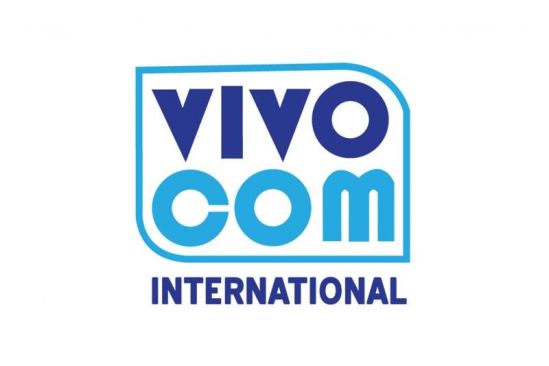Following on from recent developments that would see the Hong Kong listed main board company CNQC International Holdings Limited emerging as its single largest shareholder, Vivocom Intl Holdings Bhd has made another breakthrough with the signing of a Heads of Agreement with MACfeam Sdn Bhd for the Project East Coast Railway Lines.
In an announcement to Bursa Malaysia this evening, Vivocom said that its subsidiary company, Vivocom Enterprise Sdn Bhd and MSB are forming a consortium with the purpose of jointly submitting an application for prequalification, tendering for, obtaining the award and performing the contract in relation to the states of Terengganu and Pahang that has been called by the China Communications Construction Company Ltd and China Communications Construction Company (M) Sdn. Bhd.
The partnership between VESB and MSB constitutes 60% and 40%, respectively.
Project cost and financial benefits derived from the Proposed Collaboration cannot be ascertained at this point of time. Barring unforeseen circumstances, the Proposed Collaboration is expected to contribute positively to the future earnings of Vivocom.
The ratio of amount of investment in the proposed consortium is not ascertained at this juncture. The company will make further announcement once the quantum is confirmed and will seek shareholders approval if necessary.
The ECRL, meanwhile, is expected to measure more than 51% of the total area of Peninsular Malaysia. ECER covers the states of Kelantan, Terengganu and Pahang, as well as the district of Mersing in Johor. The electrified railway line which would eventually connect the east and west coasts of Peninsular Malaysia would boast a 688km line from Pengkalan Kubor in Kelantan to Port Klang in Selangor.
The ECRL project cost is estimated at RM55 billion. The rail link will be built by China Communications Construction Company. 85% of the project cost will be funded by China Exim Bank while the remaining 15% to be funded through sukuk or Islamic bonds from Malaysian investment banks. The project is targeted to complete by year 2024.
The 668km line would promote the development of industrial areas and the growing trend of Transit Oriented Development (TOD) that would nurture compact residential districts and commercial centres along the rail stations, hence benefiting the major towns designated as main stations for the project.
The ECRL would link the key economic industrial areas with the ECER such as the Malaysia-China Kuantan Industrial Park (MCKIP) and Gambang Halal Park in Pahang, Kertih Biopolymer Park (Terengganu) and Tok Bali Integrated Fisheries Park (Kelantan).
The government has forecasted the gross domestic product (GDP) for the three east coast states to grow by 1.5% at the current rate with the implementation of this project.







